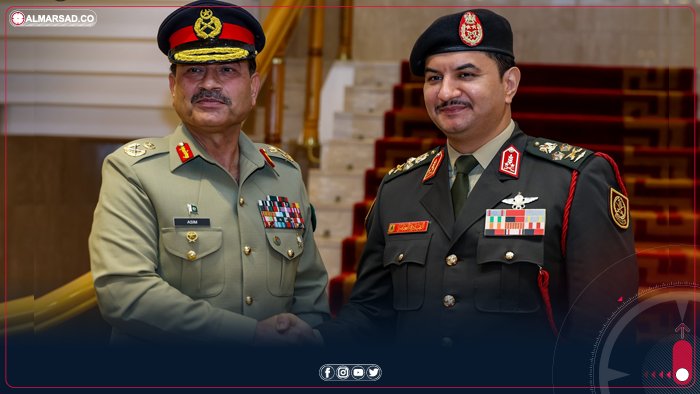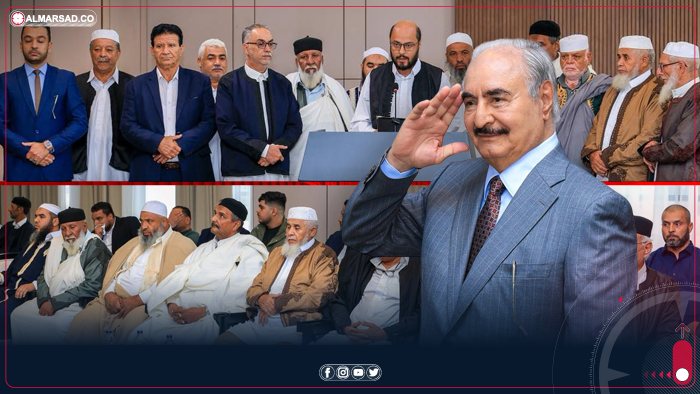Al-Zawiya: A Child Falls… and a City Turns Its Lights Off Early
Libya — In the Shurafa neighborhood, time stopped on an ordinary evening that became a fault line in a city that has learned to sleep to sounds that are not lullabies. The child Muadh Marwan al-Margani was killed and his brother Abdulrahman wounded—another page in a long ledger of deferred fear, where the road becomes a maze, the window a wall, and the city an endless wait.
Pain That Knows the Way
Violence in Al-Zawiya does not emerge from a vacuum. It comes in bursts: sudden clashes, stray projectiles, roads sealed in haste, and the pulse of crowded districts faltering between a security retreat and the reach of armed groups bankrolled by an ever-running shadow economy. Since the year began, the story has repeated with the same ending: civilians pay the price.
Shurafa: When a Name Becomes a Newsline
That night held only the city’s small rituals: a balcony leaning into sunset, a mother calling her children, doors preparing for a quiet evening. The projectile arrived before the prayers could. Muadh fell—his hand still holding his brother’s, shielding him from passing cars—leaving questions no statement can answer: Where did the shrapnel come from? Why does it reach children before justice does? And how can words return a child to his mother?
The Cycle of Violence—and a Government’s Failure
The record shows that security campaigns announced by Prime Minister Abdulhamid Dbeibah and his Interior Minister Emad al-Trabelsi, along with raids declared by the Defense Ministry—which Dbeibah himself heads, with his deputy Abdel-Salam Zoubi—and what officials described as “precision” strikes, have not produced lasting safety. Outcomes remain without structural change: no real choke on smuggling revenues, no clear command over weapons, and no plan that shields neighborhoods from repetition. With every round, the gap widens between promises of protection and the street’s reality—a monumental failure for Dbeibah personally and for his government, observers say.
When the State Arrives Late
Attention again turns to Dbeibah’s government, its General Staff, and aligned fighters, who have repeatedly pledged to “extend their authority” over the city. Residents hear something else: the whine of bullets, the swing of emergency-room doors, and names memorized by absence. In Al-Zawiya, the problem is not a shortage of statements; it is that mothers now read the news before they can find sleep.
What People Ask For
Residents want only long-postponed basics: a public security plan with reviewable milestones; fixed checkpoints and foot patrols inside neighborhoods; investigations whose findings are announced, not archived; and a hard stop to illicit financing that keeps embers alive beneath the ash. They ask for what befits a city that wants to live without a waiting list for funerals.
An Ending That Refuses to End
In Al-Zawiya, questions slip into the day’s smallest details: Will all the children return from school? Will evening pass unbroken? Can a city worn thin by circling the same loop find a straight path back to safety? Another name enters memory, renewing an old lesson: nothing is more precious than the quiet of a home that closes its door on peace.


